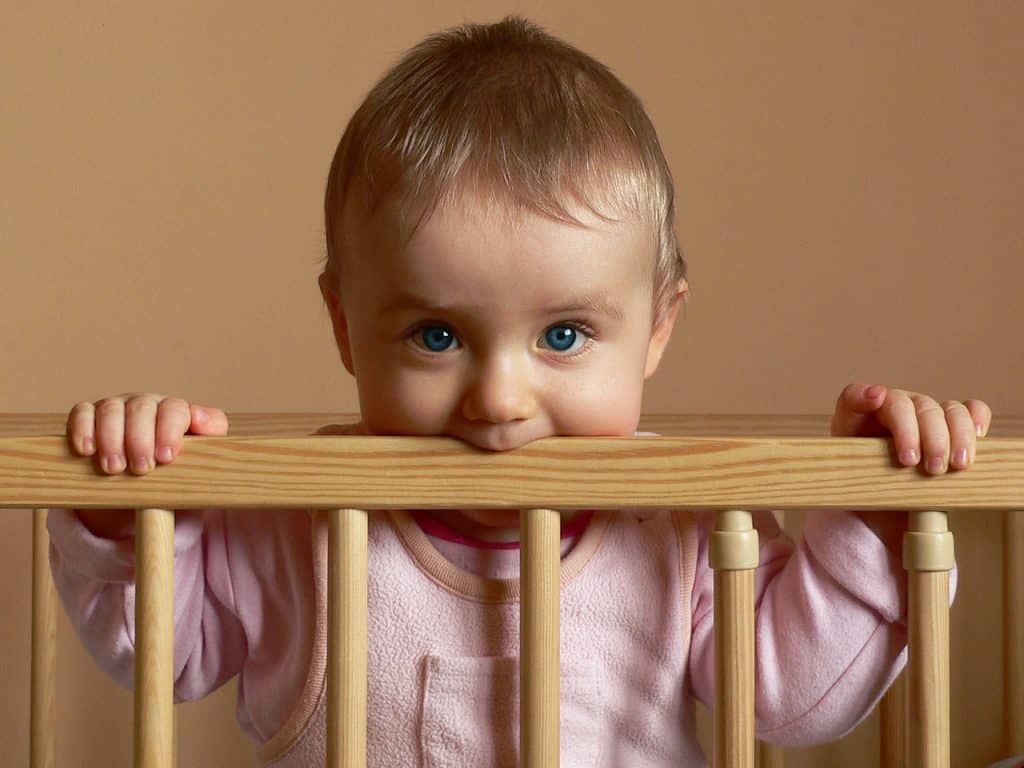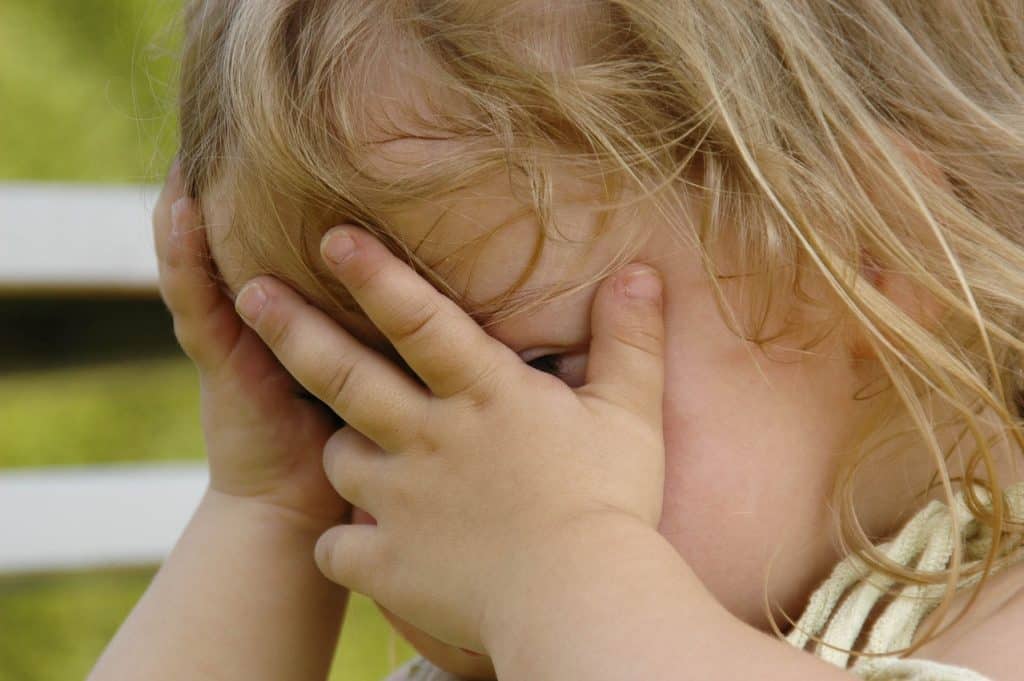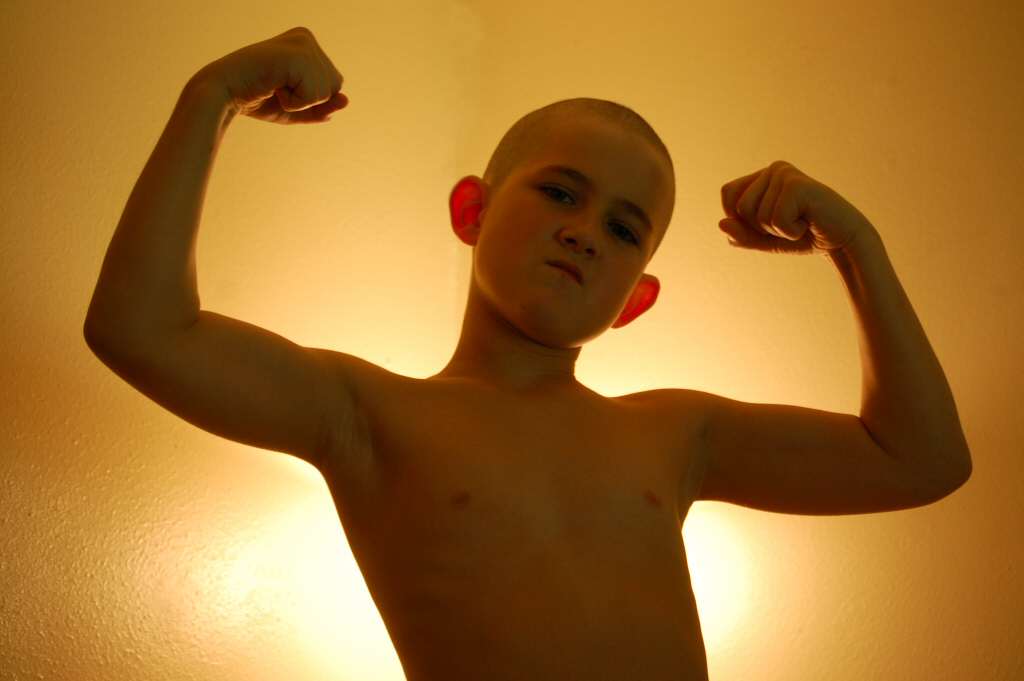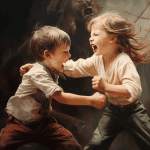
One of a parents biggest fears is that their child is hitting other children. We have compiled some tips to help deal with your child’s behaviour.
When a child hits, there are more things to it that than only violence, there are a lot of emotions going on. Your toddler may have a straight face on, or they may even be laughing when he is hitting you, their aggression is being driven by emotion, and most of the time that emotion is fear.
When a toddler hits you or another child, they are generally not doing it to hurt you or anyone else. Your instant response to a child hitting is that they should be punished or have a timeout, but in reality, this can lead to more hitting in the future.
Fear in children is what causes hitting.
Not all children lash out when they are scared, but it is an instinctive human reaction to the feeling of fear. Even if your child is smiling or is laughing while they are hitting someone, it is because they are feeling scared.
Laughter is another way people overcome fear.
We have all watched a scary horror film, but oddly, it makes you laugh. This is why some toddlers are laughing while they are hitting, they are trying to release tension, but can’t release that built-up tension fast enough, and so they launch into a tirade of violence.
What can we do to help Stop a Child Hitting?
Have a look at the child’s life and see if there could be any significant changes that could be affecting their behaviour. Think about whether there could be something that is leaving them to feel unsettled. Maybe a new baby is coming, or perhaps you are going through a divorce. Even with a parent going back to work can leave a toddler feeling lost and craving attention. Hitting out can be a way of getting attention from, and toddlers don’t understand good attention from bad attention, so any attention is good.
See if you can spot when the hitting starts whether the child is tired or hungry or is feeling scared. If your child is in a nursery and it is a very busy nursery, it could be stressing them out having to be around other children, and if your child struggles to take turns or share their toys might also be prone to lashing out with other children.
If your child struggles with sharing and finds nursery overwhelming try and work with the nursery staff on ways to help your child feel more comfortable. Role-playing is a great way to help teach a child to take turns and sharing.

If you think that after reading this that your child is hitting others for attention, then you need to look at spending some time for just you and them where you can chat and have a cuddle every day.
If your child hits you, you need to work out beforehand what your response should be and also make sure other carers are aware of the way you want to deal with it. If you don’t have a plan, then you will have to think on your feet. When you are stressed and embarrassed, you then have a good chance at not picking the best way to manage your child.
Young children need consistency, so you need to have it clear in your head that when your child does “X” that the response is the same. It is essential that grandparents, babysitters and anyone else that looks after your child to follow the same structure. If you don’t follow the same process, then it will no doubt confuse the child.
Make sure the consequences for hitting are clear and immediate. There is no point in delaying the response until you are home as it will be too long for the child to be able to link the hitting to the consequence. You need to take action at the time or don’t do it at all.
As soon as your child has hit someone get down to the child’s level and tell them firmly “no hitting” or something to that effect. Making the child apologise to the victim is very important and then remove your child from the situation using the naughty step or similar. If they are hitting for attention, then you need to be clear that hitting won’t get them attention.

Violence should not be met with violence
Do not hit your child for hitting whether it is to show them how it feels as this will confuse them and could give the impression that violence is ok when you are annoyed with someone, and the physical abuse is the right way to deal with it.
If you know that your child is hitter, then keep a beady eye on them when they are around other children. Be ready to jump in and intervene if they start creating problems and also other parents are more understanding if you are proactive in solving the hitting issue and if you have been watching and keeping a close eye on them.
If you do have any concerns about your child, then you can always talk to your doctor, health visitor or any trained professional.




